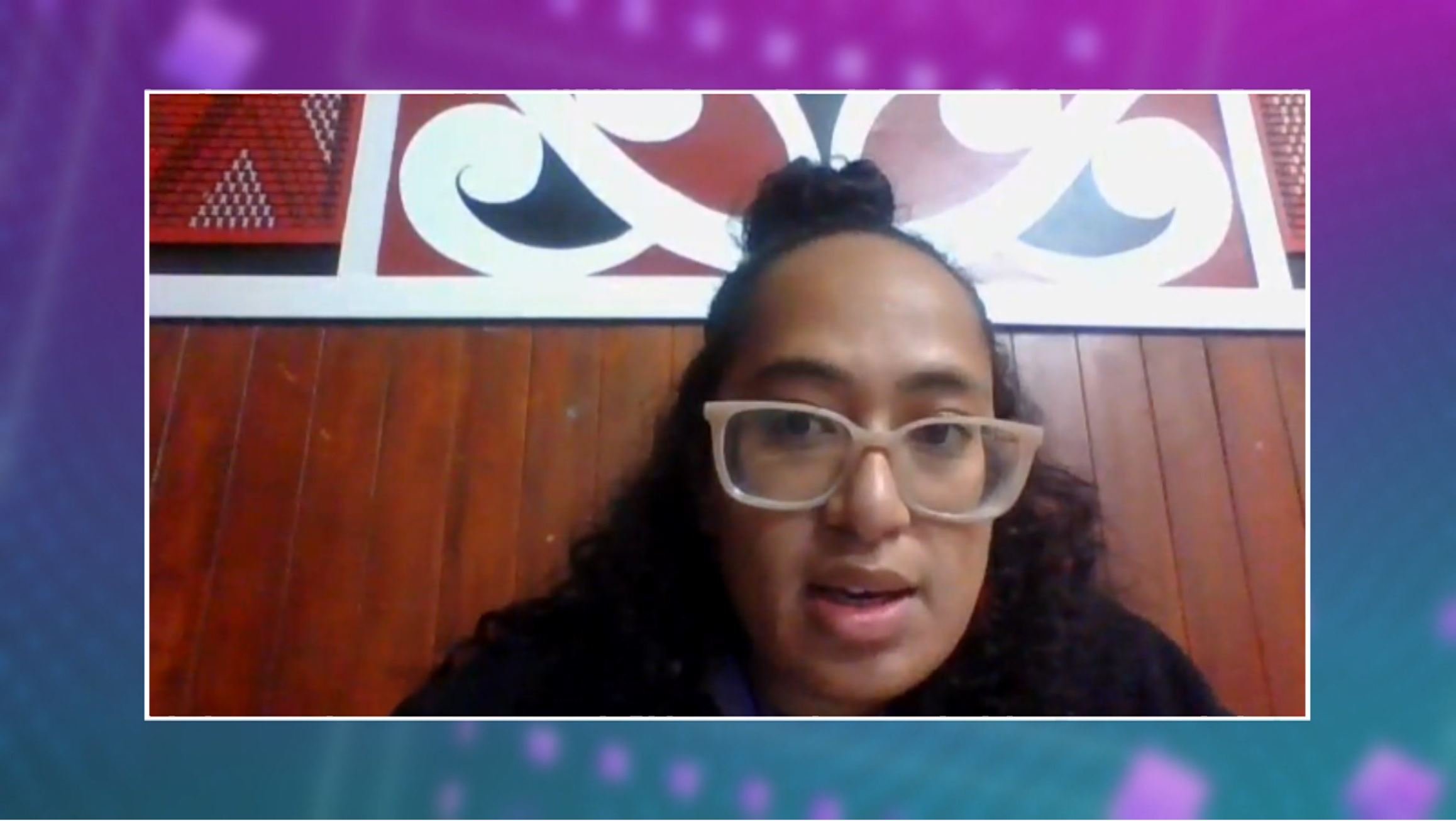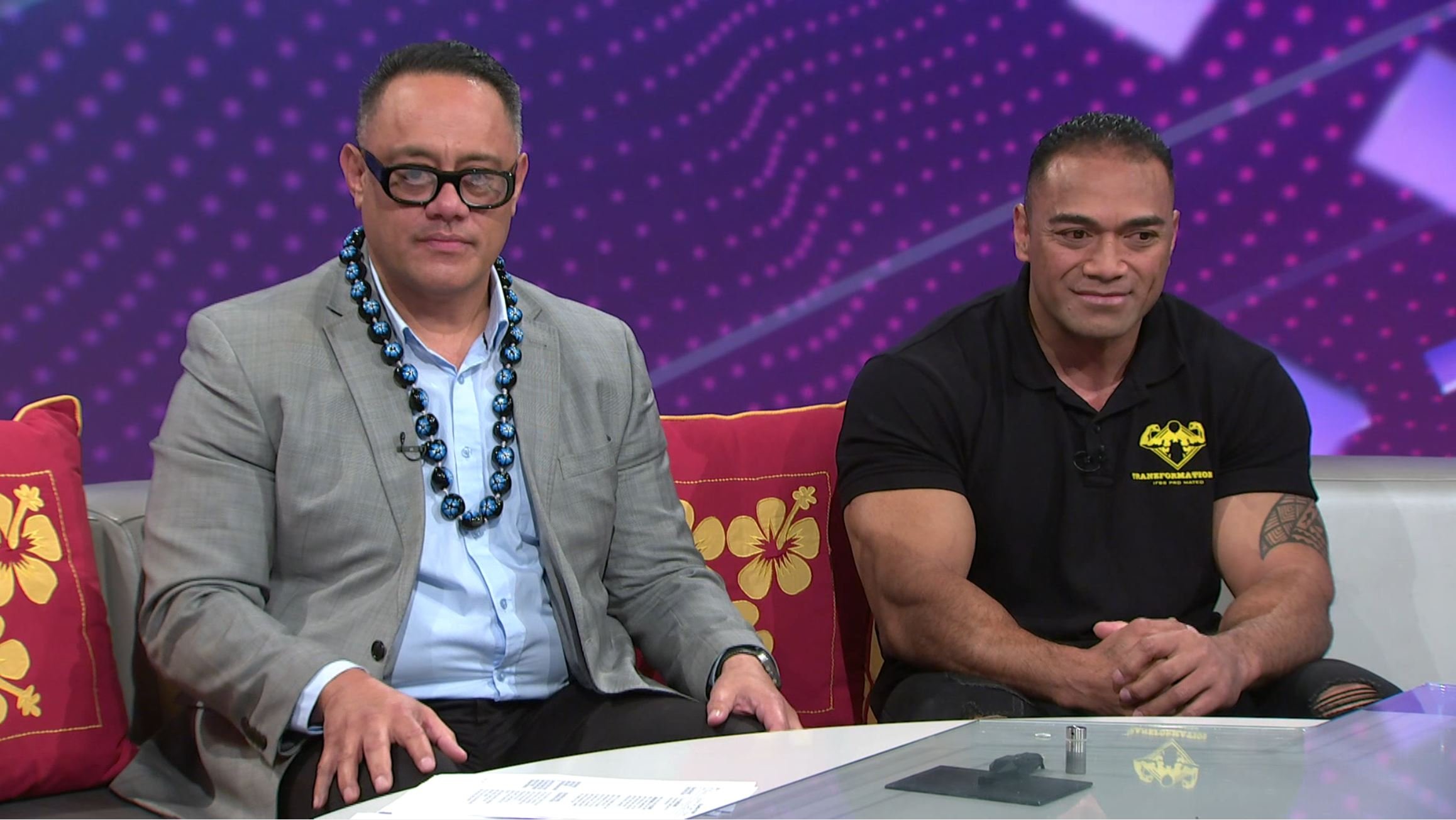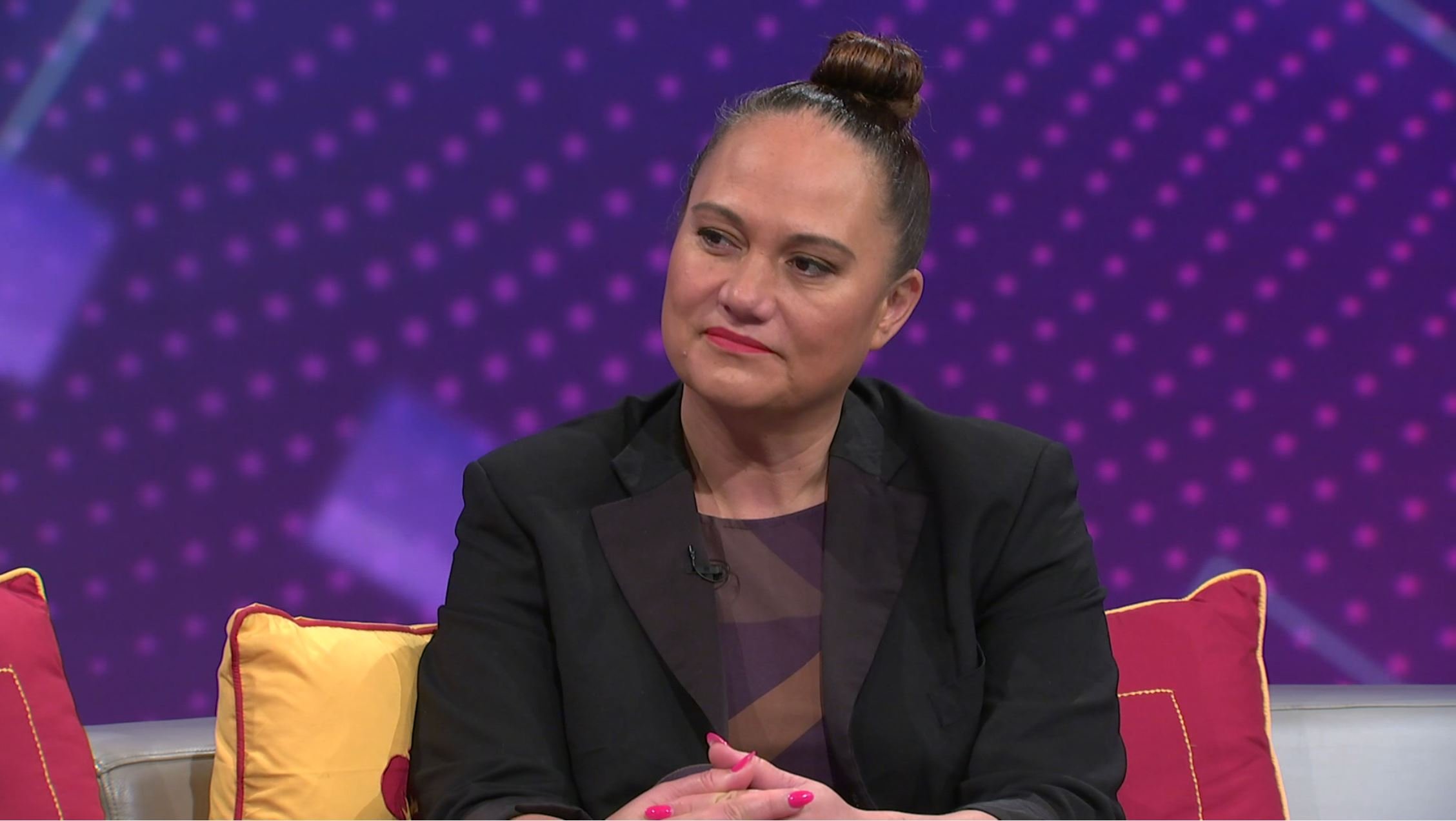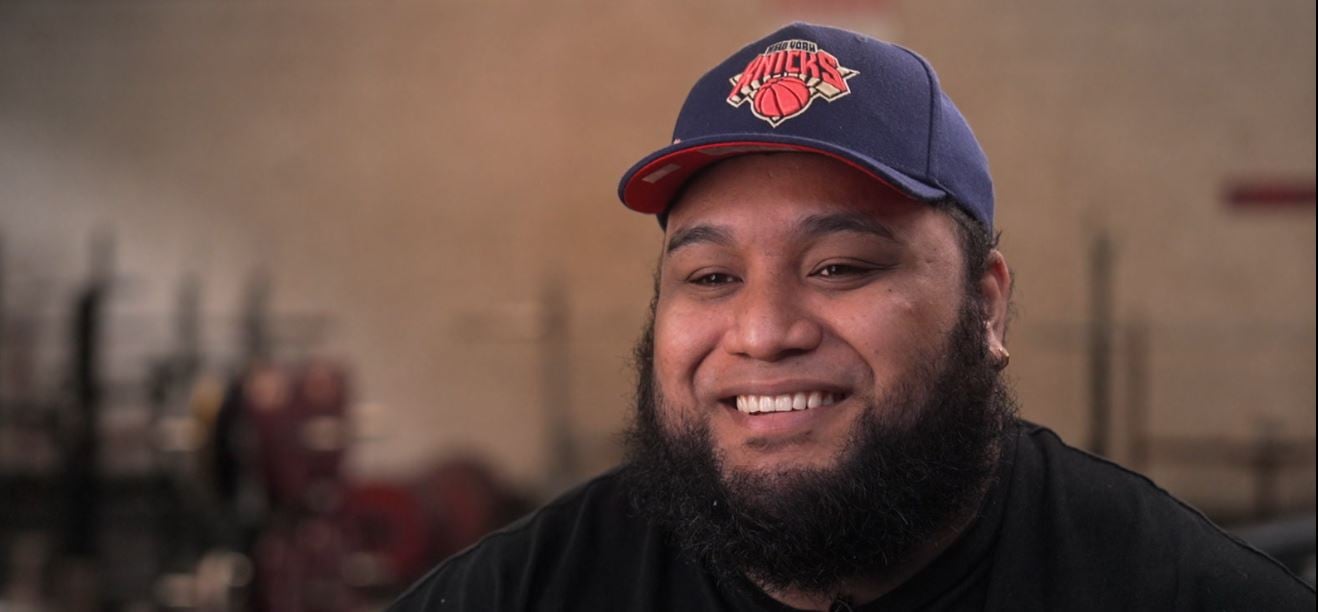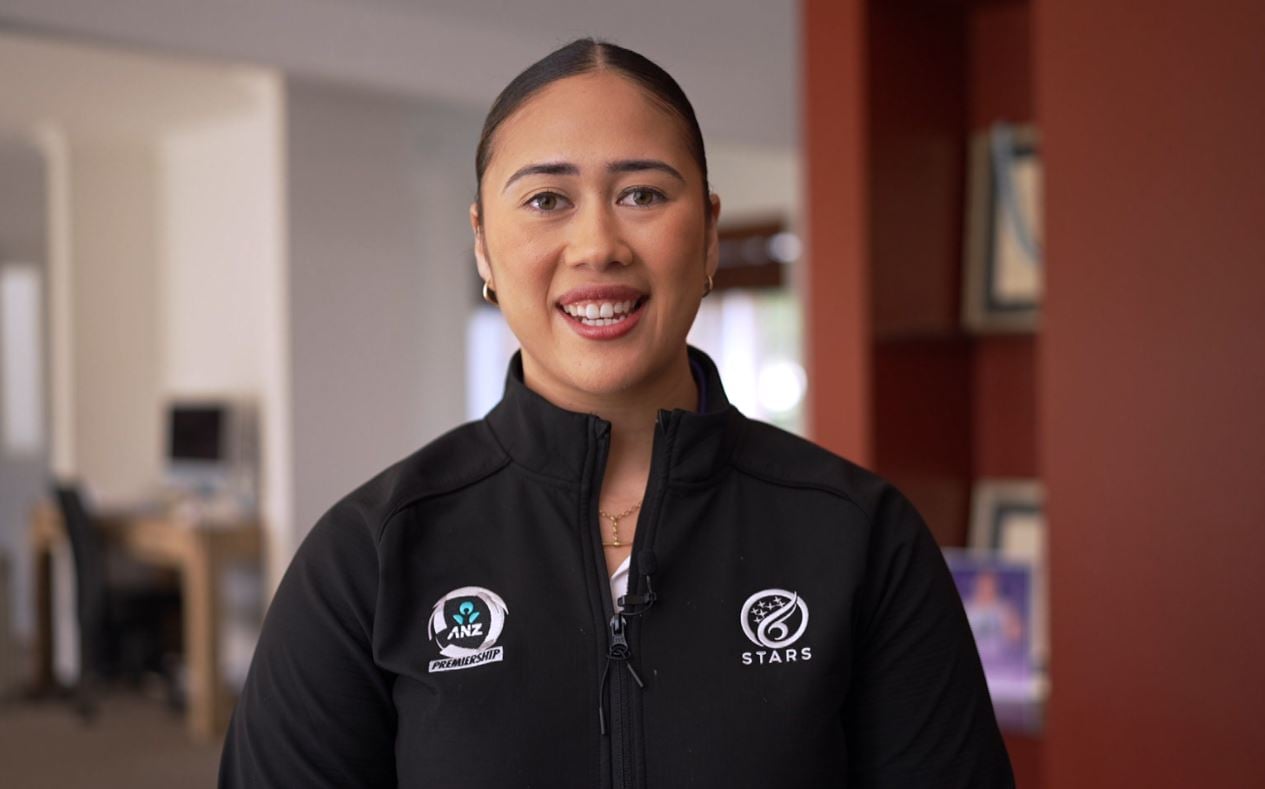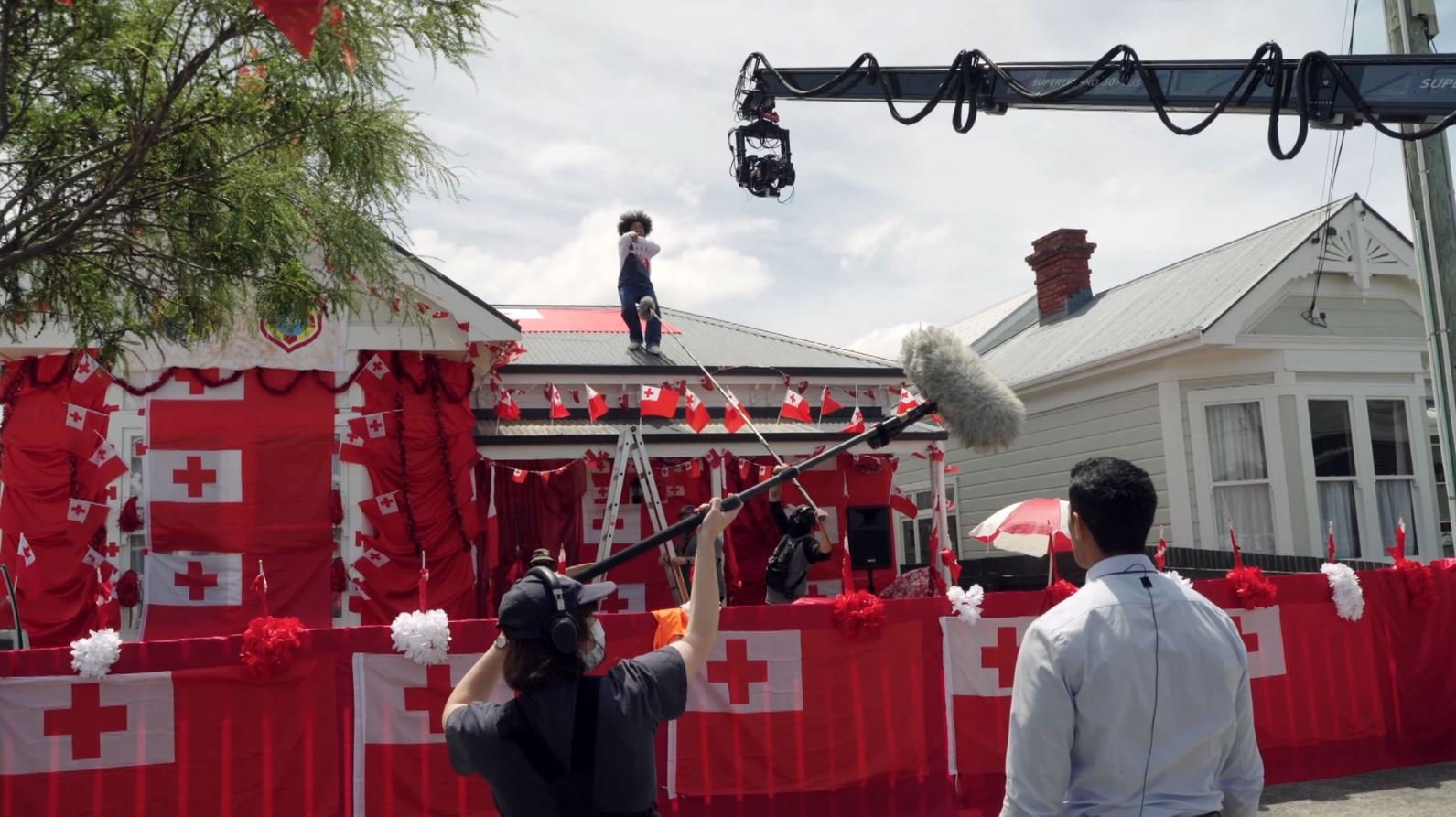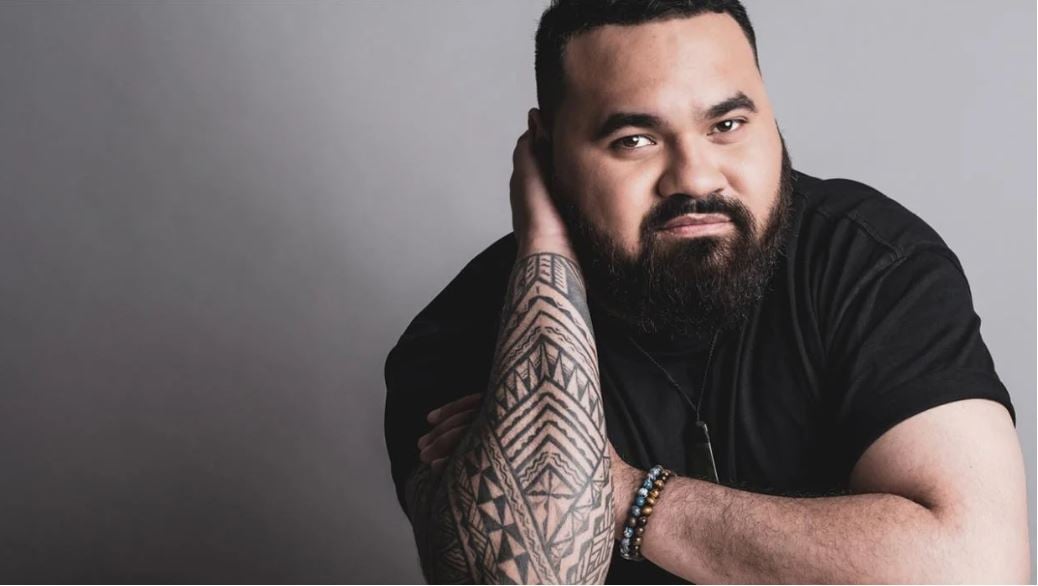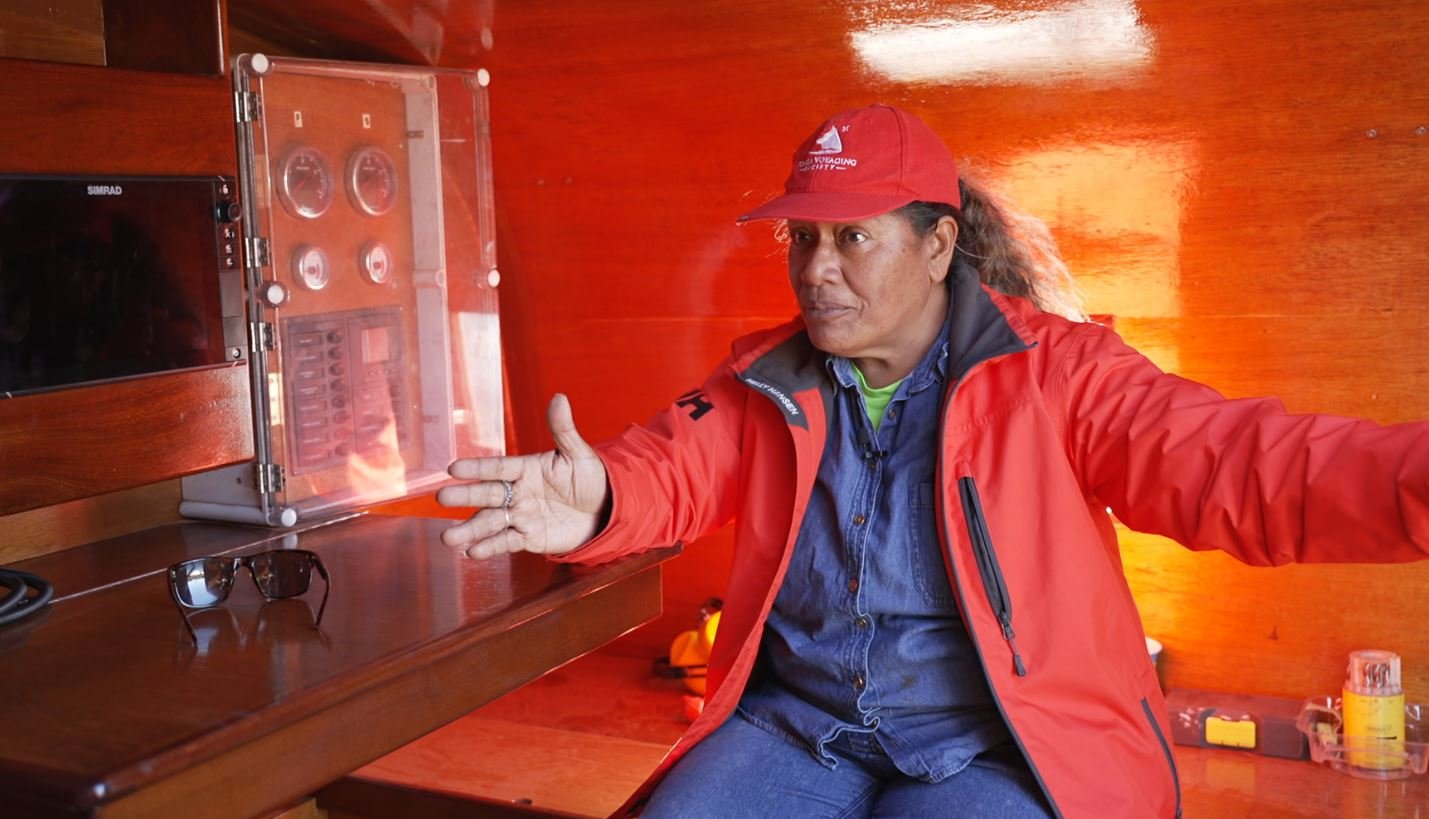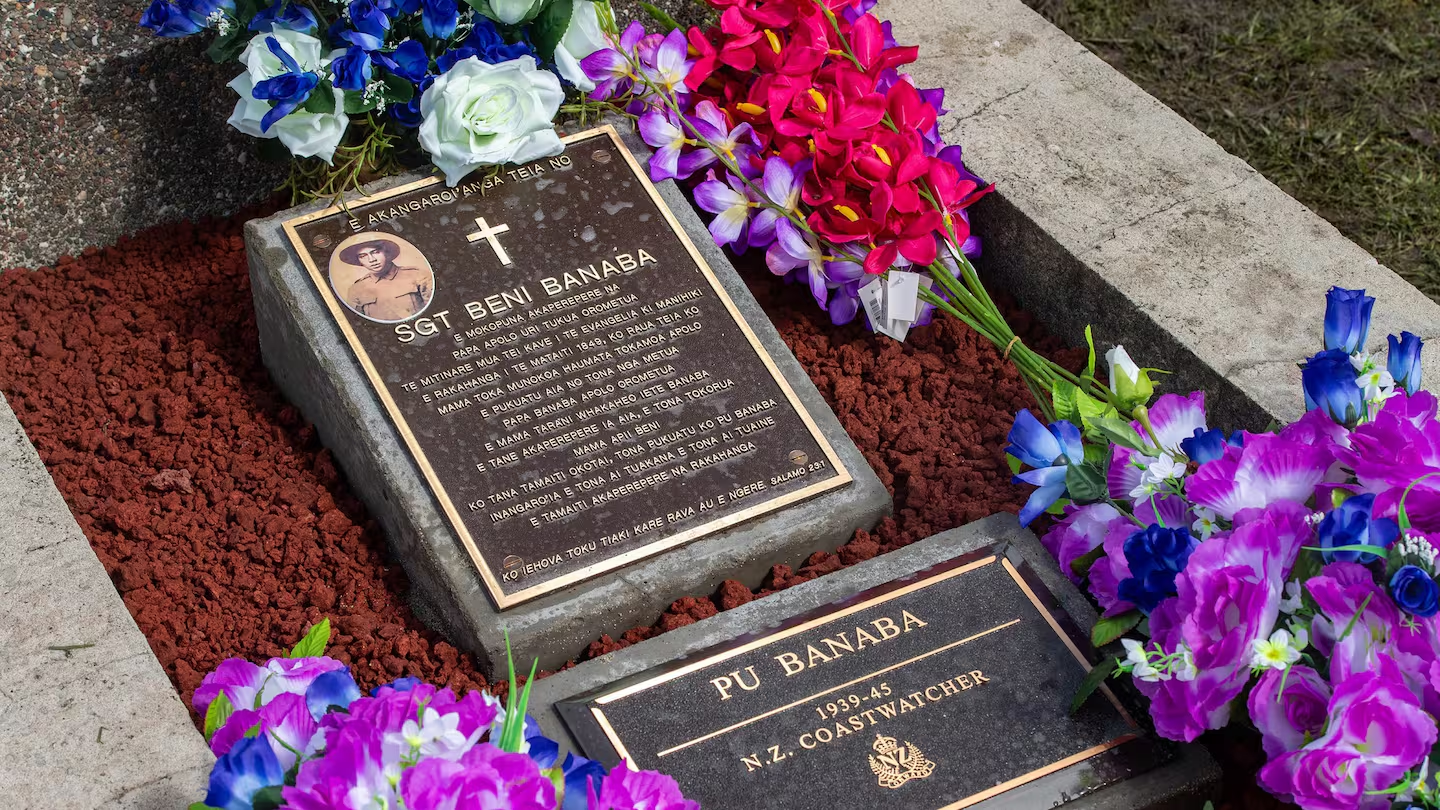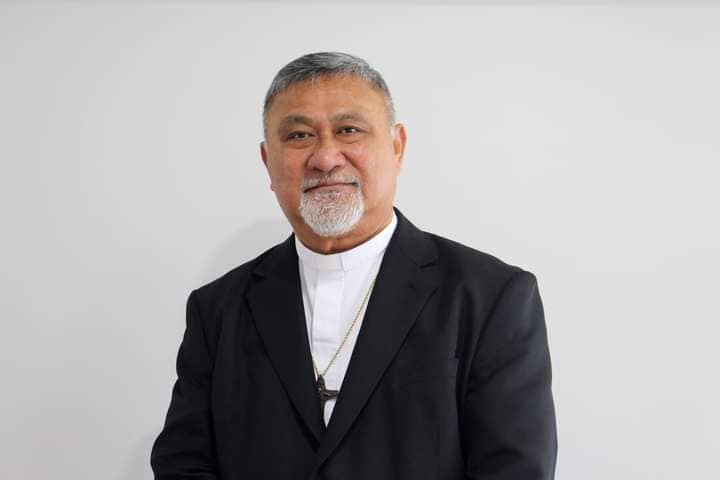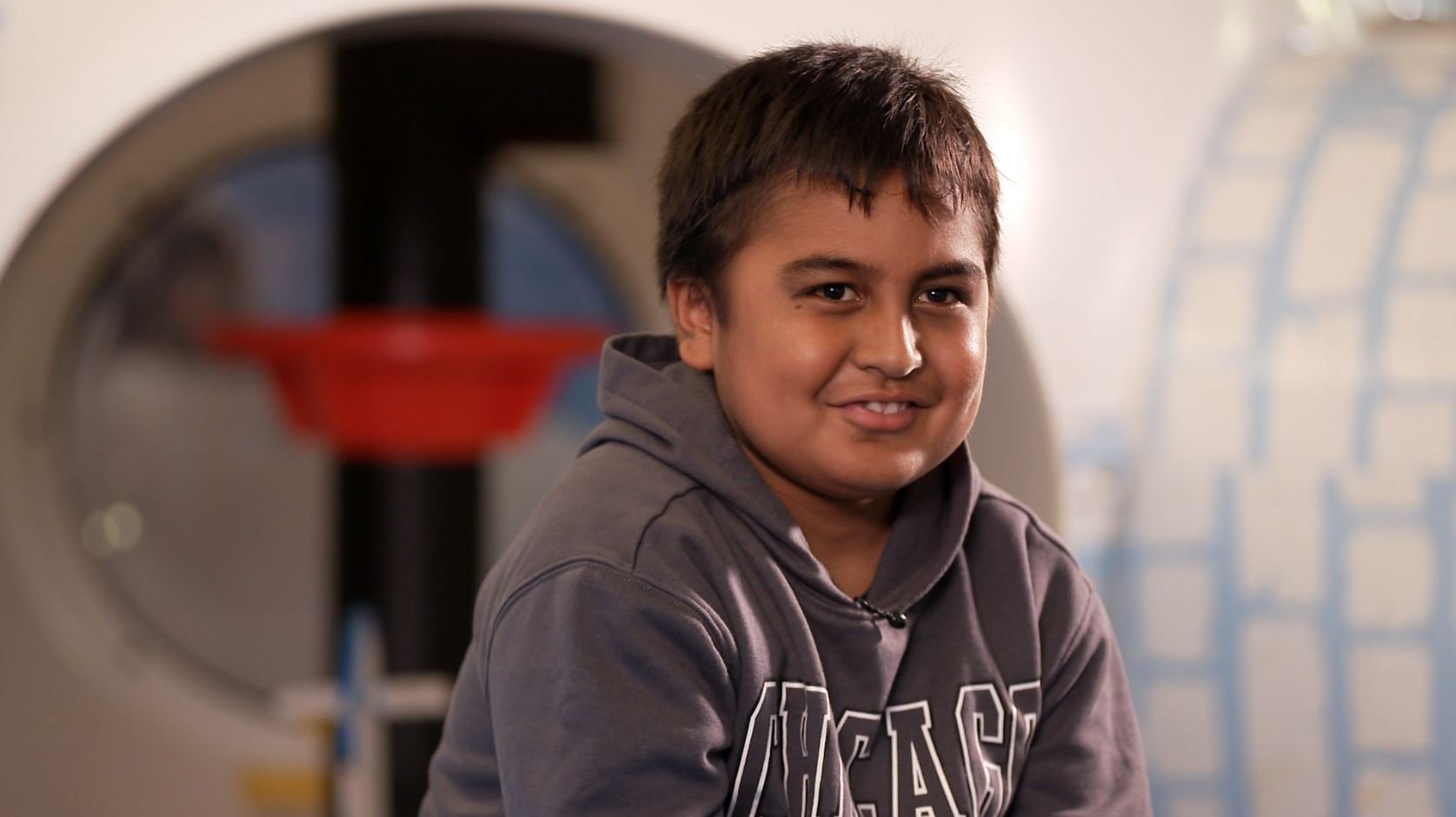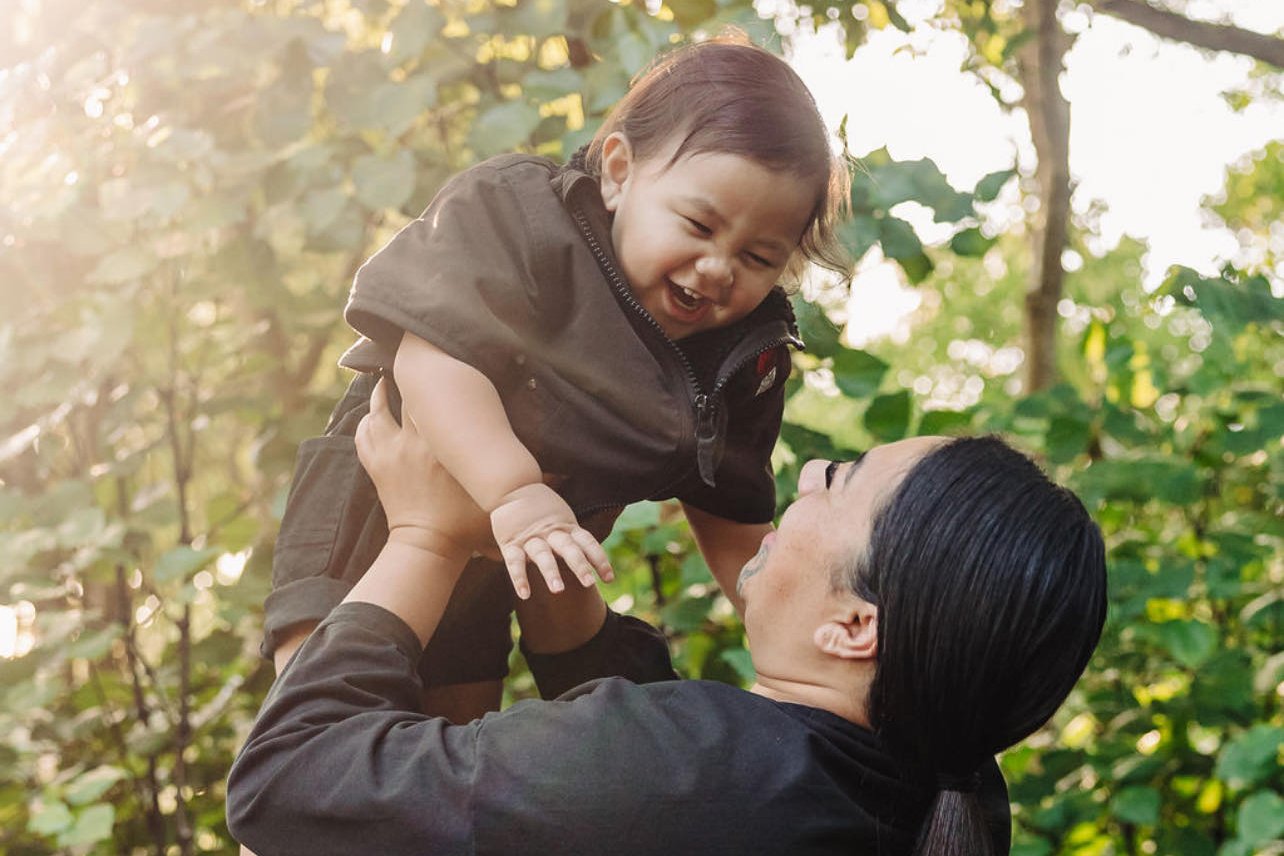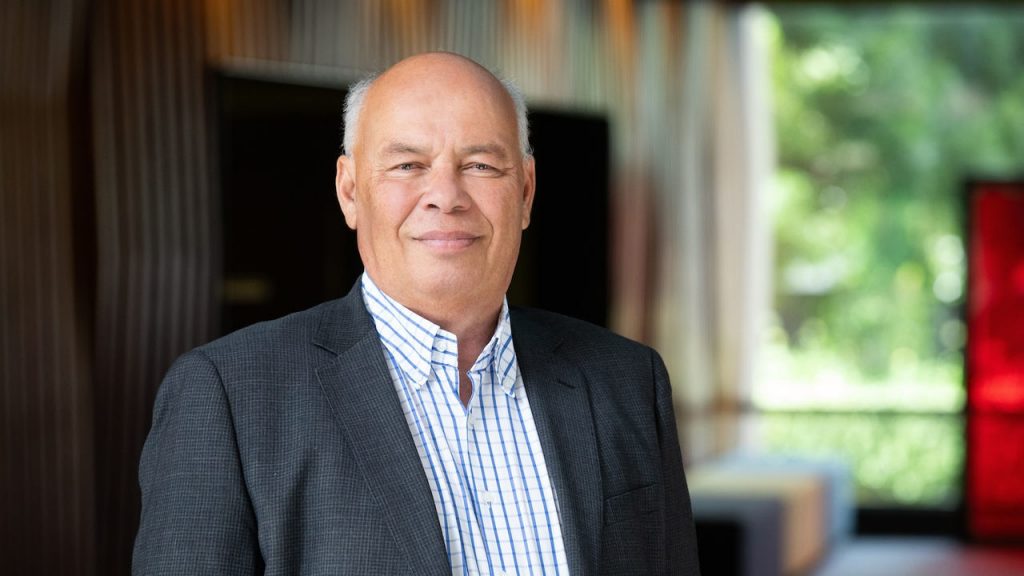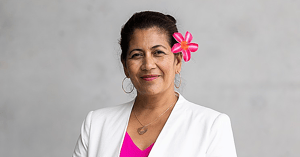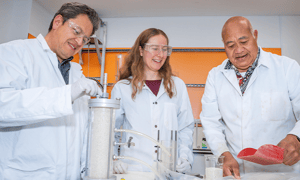
A Fijian professor believes that neglecting the spiritual beliefs, superstitions, and ‘curses’ of Pacific Islanders in healthcare is re-colonization.
And he says this exacerbates health disparities and limits healthcare equity.
Dr. Apo Aporosa teaches Pacific Health at the University of Waikato, emphasising the importance of respecting patients’ beliefs despite one’s personal beliefs.
“I appreciate some will read that paper, and think it’s a load of rubbish and that I am nuts.” he says.
“To dismiss the belief systems of people who understand spirituality, the supernatural and curses linked to their health, is a form of re-colonisation which ultimately limits healthcare equity and increases health disparities.”
Dr Aporosa says that’s their choice, although many indigenous people and even some Christians will have no issue conceptualising what he is explaining, the workings of the supernatural and how this impacts upon health.
“Modern medical science tends to overlook spirituality and supernatural phenomena; they still hold a significant place in the belief systems of Indigenous peoples.
“In the Pacific and Pacific diaspora, people often attribute death, poor health, and diminished wellbeing to ‘curses’.” says Dr Aporosa.
This paper was based on his own experiences due to the emotional and physical toll he felt every time he did a full lecture where he would do a couple of times a year that took over an hour and a half to deliver.
“This paper is now a core reading in a couple of University of Waikato papers or courses,” he says.
He believes that regardless of whether people believe in curses or not, the take home message for healthcare students is, they do not have to believe in the possibility of a curse or the supernatural.
“However, professionally they need to be able to support and work with people who do. If they can’t do that, they shouldn’t work with them.
“mainstream healthcare teaching in the Pacific is also highly Eurocentric, we are currently translating that paper to standard Bislama, Fijian, Tongan and Samoan.” say’s Dr Aporosa.
“I have encountered this kind of negative experience, emotional and physical implications, when dealing with this topic while living in, particularly rural Fiji.”
Dr Aporosa did not consider similar implications while here in Aotearoa New Zealand.
“Then last year I kind of put two and two together, made a link between the lecture and the ‘weight’ I felt physically and emotionally, and felt strongly I needed to stop presenting the lecture.”
It will be published in a journal based out of the University of Waikato called In Our Language: Journal of Pacific Research.
“In short, this work is about ensuring culturally relevant quality healthcare delivery aimed at enhancing health and wellbeing outcomes for out Pacific whanau.”















